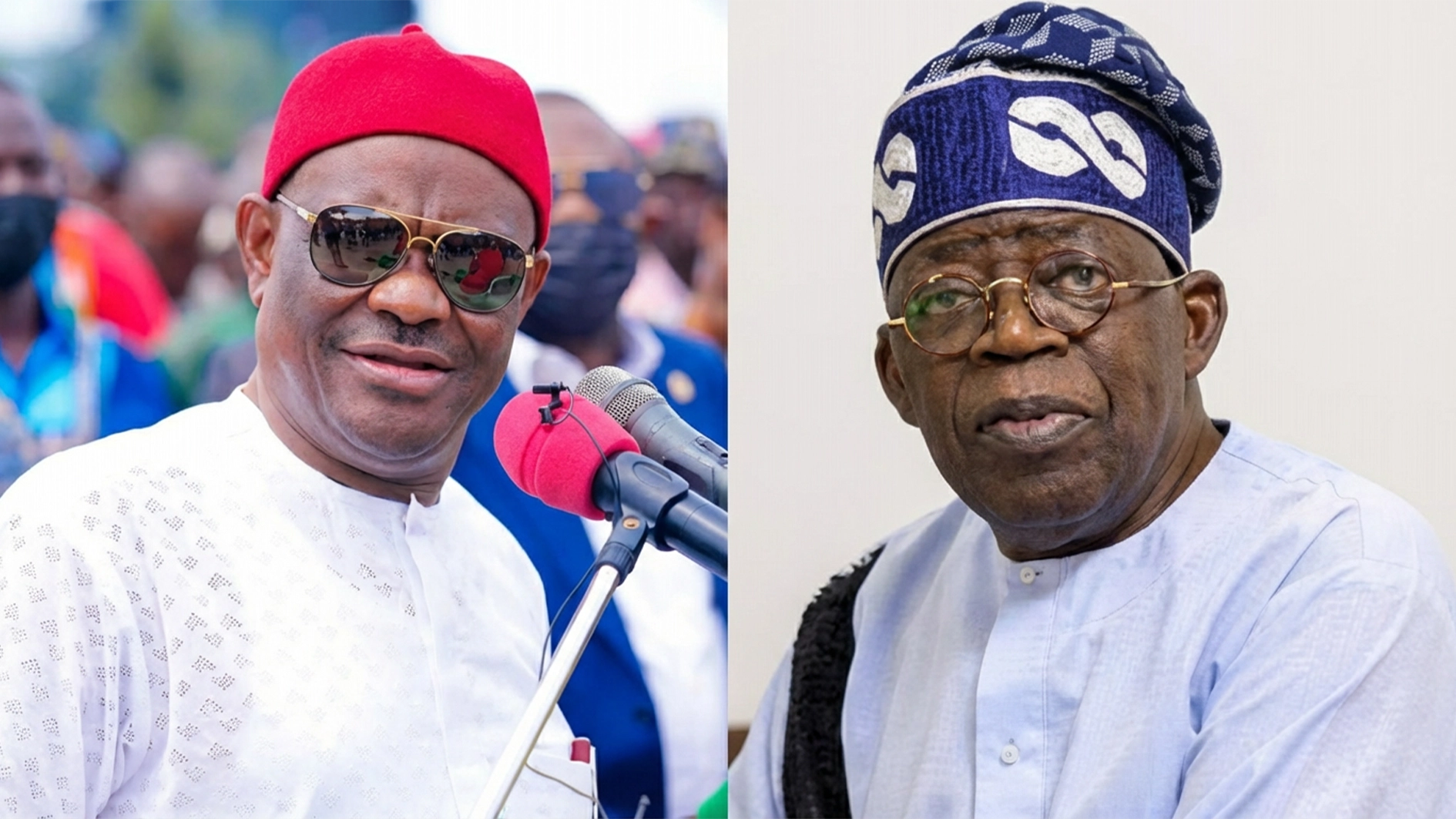For years in Nigeria, “Sniper” meant more than just a pesticide. Cheap, easily available in open markets, and lethally effective, it became a household name for all the wrong reasons. Young people whispered about it in hostels. Families spoke about it in hushed tones after tragedy struck. In hospital emergency wards, I have watched patients arrive after ingesting Sniper, their families clinging to hope that rarely survived the night.
One case still lingers with me: a 22-year-old student, overwhelmed by financial pressures, had swallowed Sniper in his hostel room. By the time his friends found him, it was too late. His mother arrived at the hospital in shock, asking through tears, “Why didn’t he tell me?” This question, painful, unanswered, echoes in countless Nigerian homes.
The Sniper story is a stark reminder that suicide prevention is not abstract. It is shaped by what we, as a society, choose to regulate, what we tolerate, and what we prioritise.
When Advocacy Saves Lives
Public outrage and persistent advocacy forced action. By 2019, the National Agency for Food and Drug Administration and Control (NAFDAC) restricted Sniper’s sale, limiting it to licensed agricultural dealers. It was a powerful lesson: when advocacy meets policy, lives can be saved.
But Sniper was just one path. Suicide in Nigeria remains a pressing challenge. The World Health Organization places our suicide mortality rate at about 6 deaths per 100,000 people each year. Some systematic reviews suggest the rate may be closer to 17 per 100,000—well above African and global averages. That translates to more than 15,000 Nigerians dying by suicide annually.
Behind those statistics are real people: university students battling despair, breadwinners crushed by economic pressures, widows and elders living in isolation. Suicide is not a number; it is a human tragedy we cannot afford to normalize.
Warning Signs We Must Not Ignore
Sniper taught us the danger of easy access to lethal means. But suicide is never about one factor alone. Warning signs often appear, if only we are willing to notice:
•Persistent talk of hopelessness or wanting to die.
•Withdrawal from family and friends.
•Sudden mood swings or recklessness.
•Giving away cherished possessions unexpectedly.
• Heightened substance use, anxiety, or insomnia.
When people reach this point, silence kills. Compassionate listening, timely intervention, and accessible services can change the outcome.
What Suicide Prevention Demands from Us
Suicide prevention is not the work of psychiatrists alone—it belongs to every one of us. It must happen at multiple levels:
•Policy action matters. Just as limiting Sniper reduced one pathway, implementing Nigeria’s 2023 Mental Health Act is crucial. State governments must prioritize funding, awareness, and enforcement.
•Access matters. With only about 350 psychiatrists serving over 200 million Nigerians, the treatment gap is enormous. We must invest in community counselors, expand tele-mental health services, and create workplace and school-based support systems.
•Stigma matters. Too often, mental illness is dismissed as spiritual warfare. Changing this narrative requires schools, faith communities, and media to promote science-based understanding.
•Voices matter. Survivors who share their stories remind us that recovery is possible and that speaking out can inspire reform. I have worked across clinical practice, social welfare, and policy spaces for over two decades. Again and again, I have seen how systemic issues bend when research, advocacy, and lived experience converge.
From Tragedy to Transformation
The ban on Sniper taught us something vital: suicide is not inevitable. With the right interventions, lives can be saved. But the work is far from done. This World Suicide Prevention Day, let us recommit to being a society that notices, that listens, and that responds. When a young person hints at despair, when a neighbor withdraws from the world, when a worker shows signs of burnout we cannot look away. We need to be that society where empathy is stronger than stigma, where policies protect the vulnerable, and where every Nigerian knows: you are not alone, and help is within reach.
If You Need Help
•LUTH Suicide Research and Prevention Initiative (SURPIN): +234-908-021-7555
•Lagos State Mental Health Helpline: 090 9000 MIND (090 90006463). (toll-free within Lagos)
•In emergencies: go to the nearest hospital
•Dr. Bolanle Ogunnubi is a Counselor Educator, Licensed Professional Counselor, and Advocate






